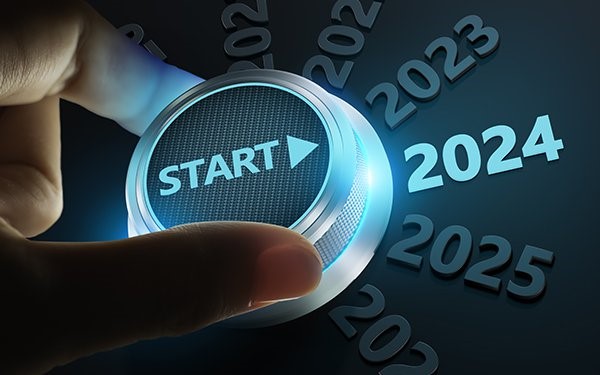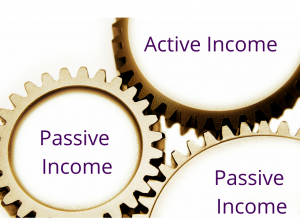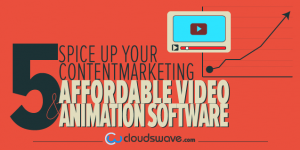New Year, New Challenges: Here Are Some The Ad Industry Face

One of the most controversial and notable technologies will become obsolete in 2024. But it seems that most in the advertising industry are ready to move on.
“Please RSVP for the farewell party,” Jack Smyth, chief solutions officer at agency Jellyfish, wrote in an email to Search & Performance Marketing Daily. “Deeper automation in platforms with services like Meta’s Advantage+ will mean we can leverage more of the data in walled gardens.”
The cookie will turn 30 years old next year, believe it or not, and most across the industry are ready to bid it adieu.
Smyth explained that the most likely technology advancement to support advertising in 2024 will be multi-modal Gen AI — with the ability to create any output from any input. It will “radically change” the way marketers work with agencies.
“Anyone can create anything, and we’ll see less time going back and forth on reviews or formal briefings, and more time spent together generating assets, ideas and experiences in real time,” Smyth wrote.
Mike Grehan, CEO of Chelsea Digital, wrote an emailed comment about last Friday’s blog post on changes expected in search engine results pages (SERPs), that multimodal sources of input—video, photos, text and more—will provide information, but not solely from or for the SERP.
“The term search engine will have to go,” Grehan wrote. “Search engines were invented so people could crawl the world wide web and find documents. And just writing those words suggests something from 1999.”
Multimodel technology will integrate data from many sources based on the searcher’s behavior, and return the most relevant personalized response. It could be text, spoken word, a personalized video created in real time, or maybe even just music, he wrote, and it all depends on the information needed and the most appropriate content experience.
The shift in 2024 will give publishers an opportunity to redefine engagement strategies that mirror the success of streaming TV and digital audio, said Gruia Pitigoi-Aron, SVP of product at The Trade Desk.
Cookies were designed for ecommerce in 1994 by Lou Montulli of Netscape Communication, and it’s now evident that to protect consumer privacy it’s now time to move on.
“This will mark the evolution of the new identity fabric, preserving relevance, revenue, and privacy,” Pitigoi-Aron said. “The clock is ticking, but with these solutions, traditional publishers will not only navigate the imminent cookie deprecation but build a future where they control their destiny.”
Pitigoi-Aron believes publishers will embrace consumer-friendly, single-sign-on authentication solutions like OpenPass to garner vital first-party data. The data shared with advertisers in a privacy-conscious manner will become the “lifeblood” for publishers. Then activating emerging identity solutions such as UID2 allows advertisers to pinpoint relevant audiences across the open internet, surpassing traditional identifiers’ efficacy.
Gertrud Kolb, CTO at eyeo, hopes to see advertisers embrace privacy-enhancing technologies. Given the increasing focus on user privacy, technologies that prioritize data security and privacy, such as federated learning and differential privacy, may gain prominence, but the one technology or word that Kolb believes will become obsolete in 2024 will be “static personalization that relies on fixed data.”
She expected it to become less effective and fade out of favor for more dynamic and real-time personalization powered by artificial intelligence and machine learning.
“AI-based personalization can adapt content based on user behavior and preferences providing more accurate targeting and improving the user experience with more relevant advertising,” she said.
Mark D. Walker, CEO, Direct Digital Holdings, believes AI will change media buying. It already has been successfully integrated into various marketing solutions such as hyper-segmentation, dynamic creative, inventory quality filtering, dynamic sites, and landing pages.
“Over the next year, programmatic advertising platforms will be able to narrow in on the most relevant audiences, enhancing ad placement and campaign performance,” he wrote. “However, I caution the industry to be mindful that while taking advantage of these advancements that they also remain focused on the potential biases in the algorithms. These biases could lead to missed opportunities for advertisers to connect with a diverse range of potential customers, limiting their reach and ultimately revenue as well.
Walker expects to see more precise audience targeting and personalization in advertising next year, supported by enhanced with AI algorithms, including predictive analytics, allowing advertisers to anticipate consumer behavior and preferences more accurately.
(4)






